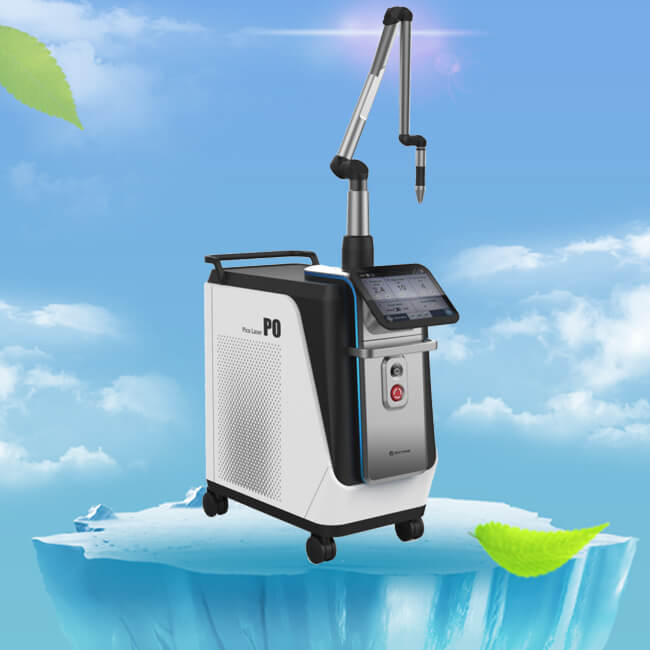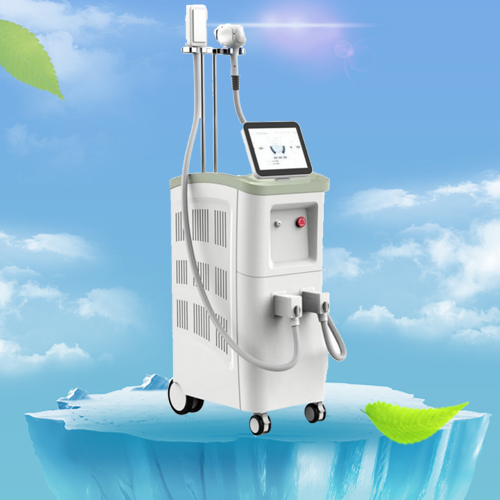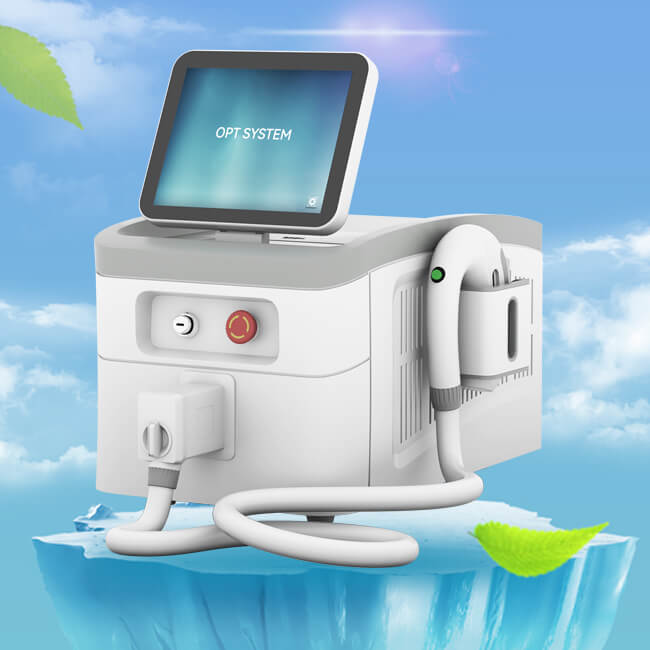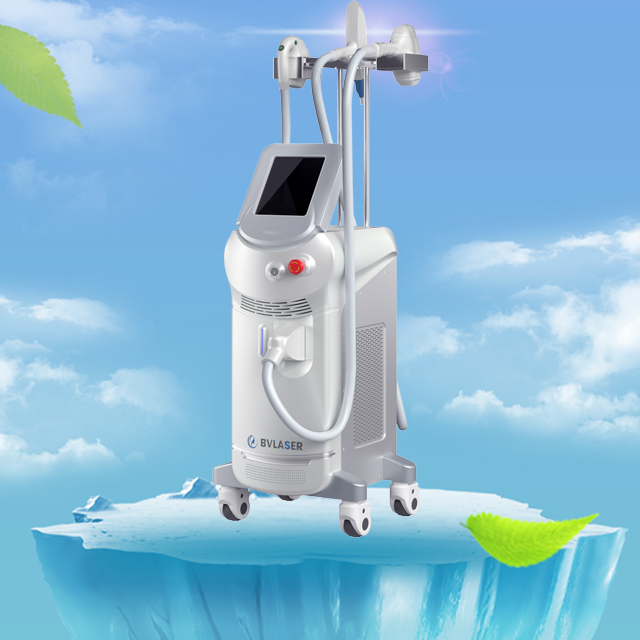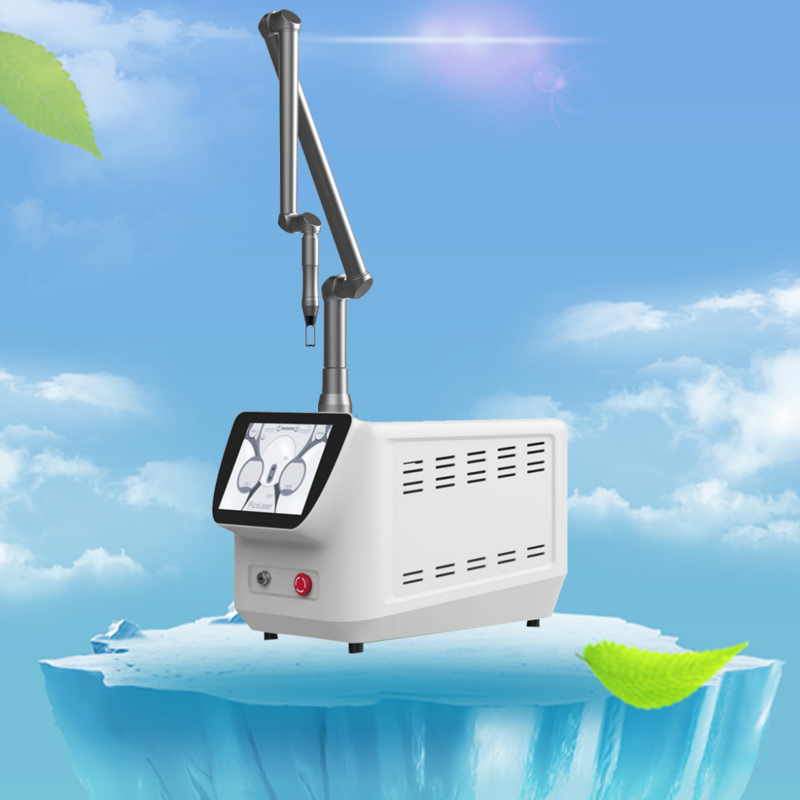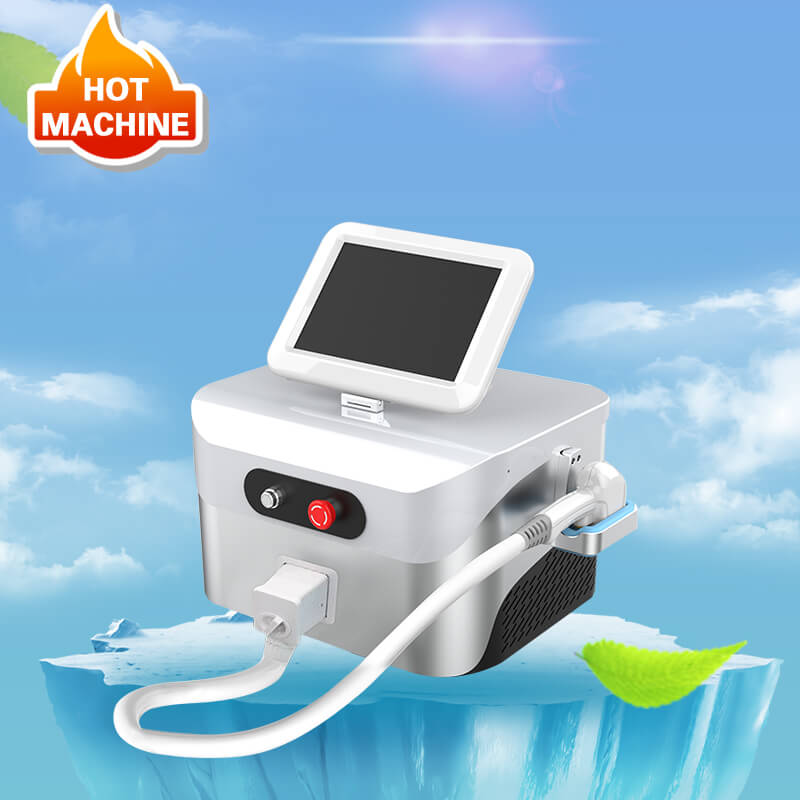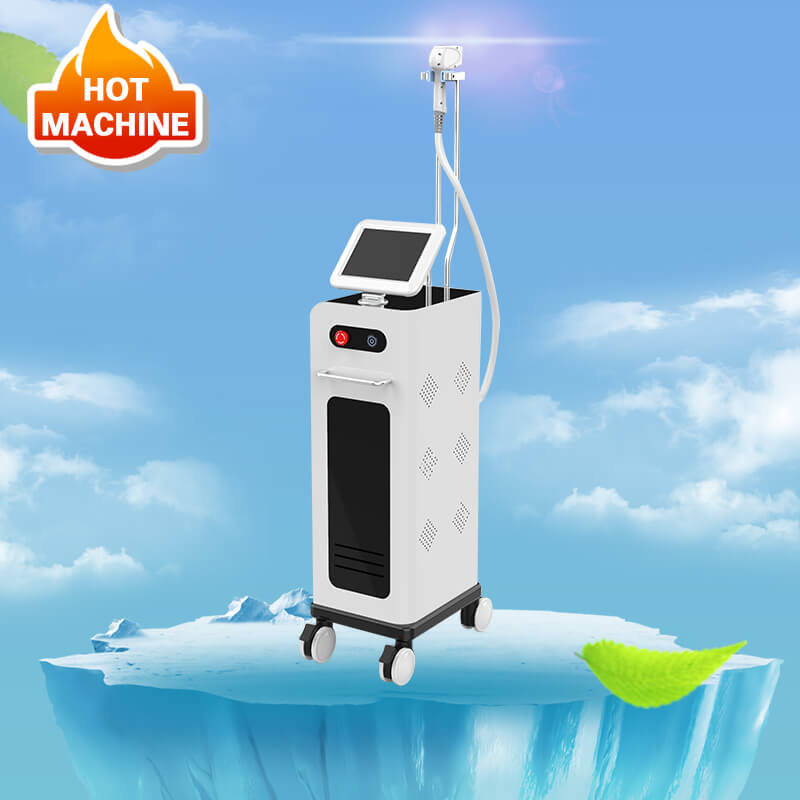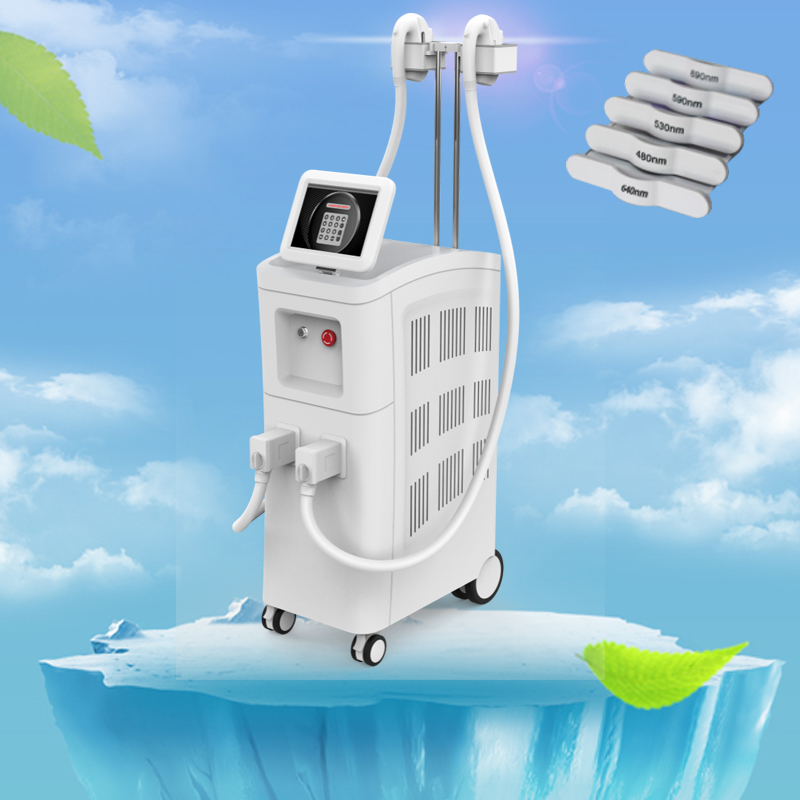Which skin types are suitable for IPL laser machine treatment?
Author:baishilf Time:2023-12-14 15:02:14
IPL stands for intense pulsed light, a technology that uses strong light pulses to remove hair, treat skin conditions, and perform other cosmetic procedures. The best IPL laser machine is different from laser machines, which use a single wavelength of light, while IPL uses a broad spectrum of light.

There are many IPL machines available on the market, each with different features, prices, and performance. Some of the factors to consider when choosing an IPL machine are:
1. The size and shape of the device and its attachments, which affect the ease of use and the coverage of different body areas.
2. The power and energy settings of the device, which affect the speed and effectiveness of the treatment, as well as the pain and discomfort level.
3. The lifespan and warranty of the device and its parts, which affect the maintenance and replacement costs.
4. The safety and compatibility of the device with different skin tones and hair colors, which affect the risk of side effects and the suitability for different clients.
5. The training and support provided by theprofessional IPL permanent laser hair removal machine manufacturer or supplier, which affect the quality and confidence of the service.
Which skin types are suitable for IPL treatment?
IPL laser skin care machine treatment is suitable for people with pale or light brown skin, as it can target the contrast in the skin more effectively. IPL treatment can also treat various skin conditions, such as sun damage, pigmentation, acne, and rosacea.
However, IPL treatment may not work well for people with very dark skin tones or blond hair, as they have less contrast in their skin. IPL treatment may also cause side effects, such as redness, swelling, blistering, or scarring.
Therefore, it is important to consult a board-certified dermatologist before undergoing IPL treatment. They can assess your skin type and condition and recommend the best IPL machine and settings for you. They can also provide you with aftercare instructions and follow-up visits to ensure optimal results.

What are the side effects of IPL treatment?
IPL treatment is a popular cosmetic procedure that uses intense pulses of light to improve the appearance and health of your skin. However, like any other treatment, it may also have some side effects that you should be aware of before undergoing it.
Some of the possible side effects of IPL treatment are:
1. Redness and swelling: IPL treatment can cause your skin to turn pink or red, and feel sore or tender for a few hours or days after the procedure. This is normal and usually temporary, but you should avoid sun exposure and use gentle skincare products to soothe your skin.
2. Bruising and blistering: IPL treatment can also cause your skin to develop small bruises or blisters, especially if you have sensitive skin or a large area treated. This is rare but can be painful and unsightly. You should apply ice packs and moisturizers to reduce the inflammation and prevent infection.
3. Pigmentation changes: IPL treatment can sometimes cause your skin to lighten or darken in certain areas, especially if you have dark skin tones or tattoos. This is because the light pulses can damage the melanin pigment in your skin, leading to hypopigmentation (loss of color) or hyperpigmentation (darkening of color). This can be permanent or temporary, depending on the extent of the damage and your skin’s healing ability.
4. Infections: IPL treatment can increase your risk of getting infections on your treated area, especially if you have cuts, wounds, or scars. You should keep your treated area clean and dry, and avoid touching or scratching it. You should also watch out for signs of infection, such as pus, fever, pain, or swelling.
These side effects are usually mild and manageable, but they can vary depending on your individual skin type, condition, and response to the treatment. Therefore, it is important to consult a qualified dermatologist before undergoing IPL treatment. They can assess your suitability for the procedure, advise you on the best settings and frequency for your treatment goals, and provide you with aftercare instructions and follow-up visits to ensure optimal results.





